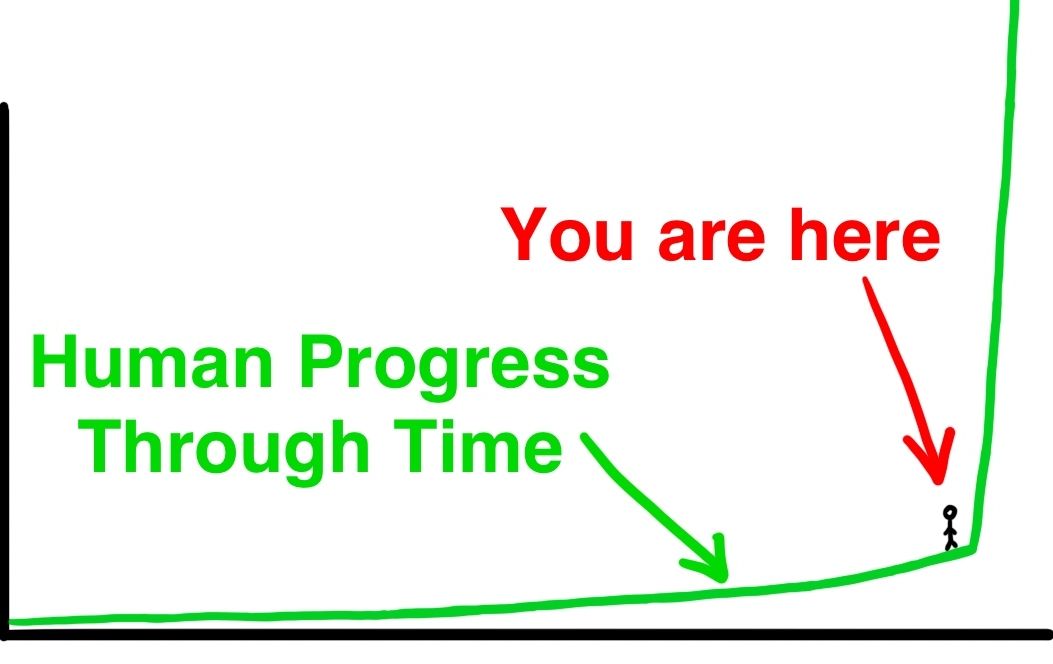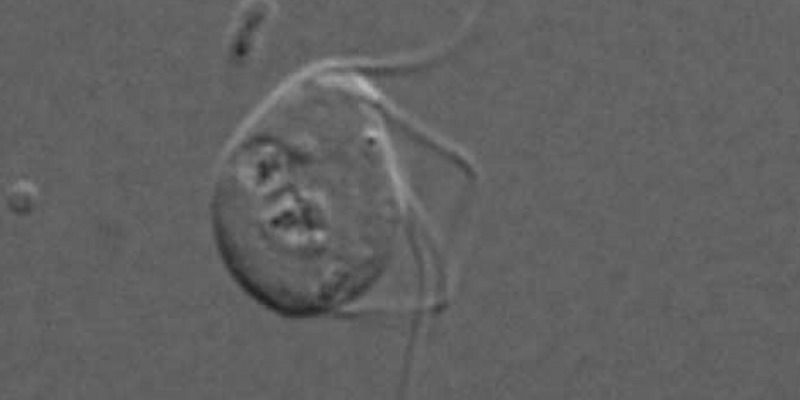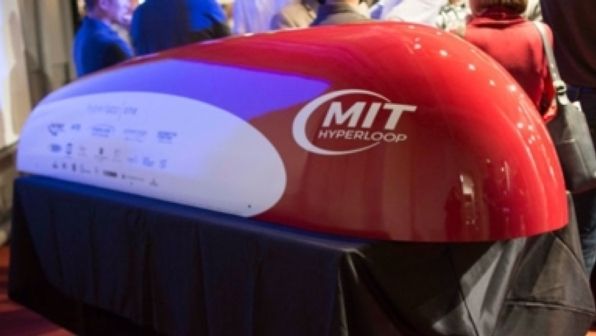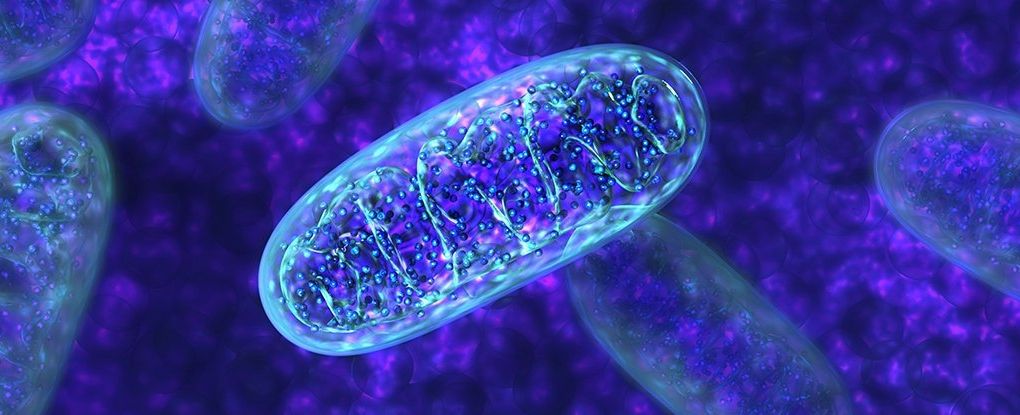Page 11515
May 14, 2016
Thought-reading headset lets users speak their mind
Posted by Magaly Santiago in category: neuroscience

By combining a wireless connected EEG headset from Emotiv and an assistive communication app, California-based Smartstones is bringing the power of speech to those who have difficulty communicating verbally. The “think to speak” technology works by reading the brainwaves of the user and expressing them as phrases spoken through the app.
:prose is the app at the heart of it all, developed by Smartstones to help nonverbal people communicate by tapping or swiping on a mobile device. Like sign language, individual gestures and movements are linked to words and phrases: for example, swiping up could mean “I want”, and drawing a circular motion could mean “water”. The app recognizes the input and speaks aloud the complete sentence, “I want water.” The commands are customizable too, so a user can assign phrases to specific movements however they like.
Continue reading “Thought-reading headset lets users speak their mind” »
May 14, 2016
The Artificial Intelligence Revolution: Part 1
Posted by Magaly Santiago in category: robotics/AI
Part 1 of 2: “The Road to Superintelligence”. Artificial Intelligence — the topic everyone in the world should be talking about.
May 14, 2016
The existence of massive particles of light could finally explain dark energy
Posted by Andreas Matt in categories: particle physics, quantum physics, space
In the late 1990s, astronomers discovered something mysterious pushing galaxies apart faster than gravity pulls them together. It seemed like every little bit of space had some amount of energy that spread it away from every other little bit of space, and that strange pushing came to be known as ‘dark energy’ — dark, because no one knows what it is.
And now a group of physicists have shown that dark energy could probably be explained — as long as we’re willing to give up a fundamental piece of our understanding of light…
Most scientists think that dark energy exists because of what’s known as a cosmological constant — something acting throughout the Universe that tells different bits of space to repel each other. It’s sort of like an anti-gravity force, but it acts everywhere instead of just being between two things with mass and it always acts with the same strength.
May 14, 2016
Scientists have discovered a cell that does something they thought was impossible
Posted by Sean Brazell in category: biotech/medical
Interesting…
Odd, but definitely interesting.
For a long time it has been thought that all eukaryotes — organisms in which the DNA is enclosed in a membrane including almost all life we can see — had to contain mitochondria.
May 14, 2016
IPhone photography is cool, eyeball photography is cooler
Posted by Sean Brazell in categories: futurism, mobile phones
Inevitable, but still awesome!
Sony is the latest company to file a patent for a futuristic contact lens that does much more than improve vision.
May 14, 2016
First SpaceX #Hyperloop transit pod contender unveiled [w/mini documentary video] @MITHyperloop
Posted by Klaus Baldauf in categories: education, Elon Musk, transportation
Competitors are racing to answer Elon Musk’s call to create a capsule that can carry commuters at the speed of sound. MIT unveiled its entry on Friday.
By Larry Greenemeier on May 14, 2016.
May 14, 2016
Head transplant ops ‘will work’, say experts… but the side effects could be the worst form of insanity ever experienced by a human
Posted by Dan Kummer in category: biotech/medical
A RUSSIAN man who has a debilitating illness has volunteered to become the first person to undergo a head transplant – but experts say the side effects of the procedure could be worse than death.
Valery Spiridonov, 30, suffers from Werdnig-Hoffmann disease, a rare form of spinal muscular atrophy.
The controversial operation will involve cooling his head to around 12 degrees Celsius, cutting it from his body and connecting it to the donated body of a brain-dead person.
May 14, 2016
Newly discovered microbe does something textbooks say is impossible: it lives without mitochondria
Posted by Magaly Santiago in category: biological
According to established scientific knowledge, complex cells (called eukaryotic cells) can’t survive without mitochondria — tiny organelles that control respiration and power movement and growth. You can think of them as tiny batteries converting energy so that cells can go about their business, but they perform other key jobs, too. They are, as the common adage goes, the powerhouse of the cell.
Now, scientists working in Canada and the Czech Republic have made a surprising discovery: a eukaryotic cell without these mitochondrial batteries. It’s an unprecedented find that’s likely to change our thinking about how some types of cells can exist and grow. In other words, life is more flexible than we thought.
“[Mitochondria] were considered to be absolutely indispensable components of the eukaryotic cell and the hallmark of the eukaryotic cell,” team leader, Anna Karnkowska from the University of British Columbia told Nell Greenfieldboyce at NPR.















